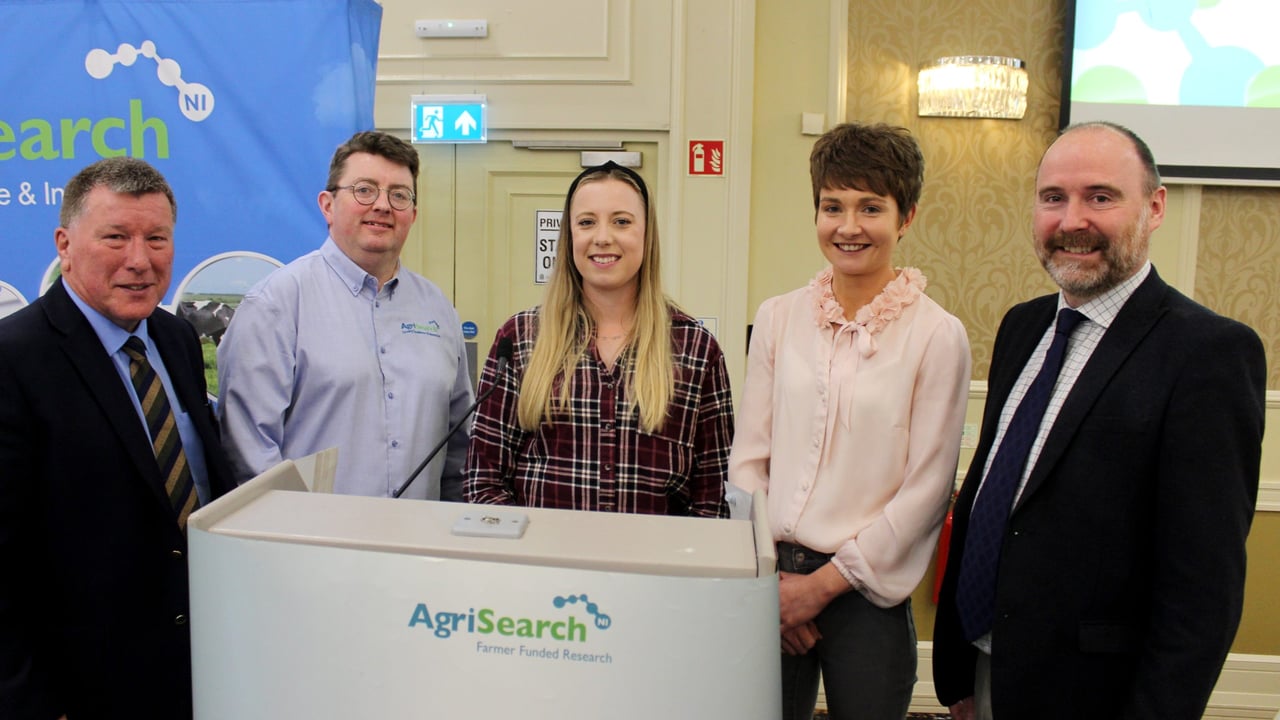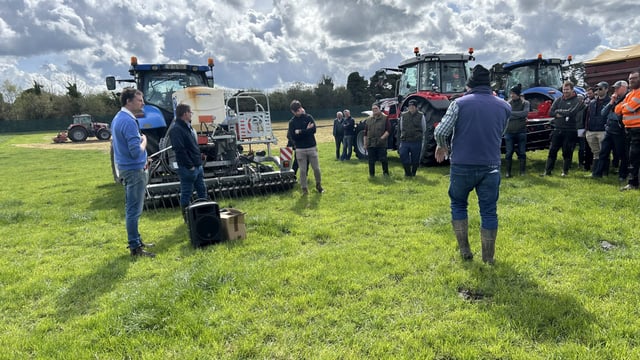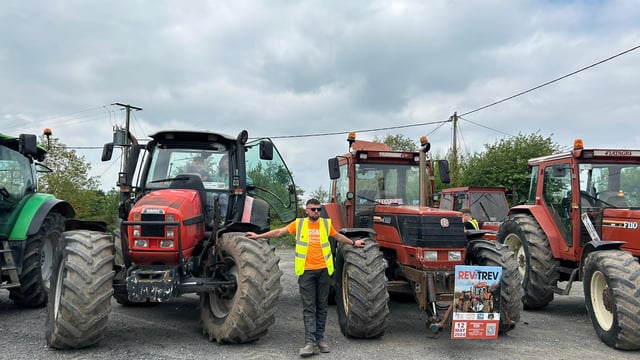Agrisearch: There is a role for high input-high output milk production
The significance of high input-high output milk production within Northern Ireland’s dairy sector has been confirmed courtesy of a recent AgriSearch conference.
Moreover, pushing milk output works at farm level, irrespective of the milk price structure on offer from dairy processers.
Agrisearch is a charity funded by dairy beef and sheep farmers in Northern Ireland that aims to advocate research and innovation of relevance to farmers that also has "an unashamed production focus", according to its chairperson, Prof. Gerry Boyle
In his address to the conference, Prof. Boyle said: “There are many issues that are impacting on the agricultural sectors at the present time. Many of these have an environmental focus.
“However, this does not preclude the importance of production within a research and innovation agenda.”
“We deliver profitability from enhanced productivity. Moreover, the issue of productivity is of concern to dairy farmers and society as a whole in equal measure.”
According to the Agrisearch chairperson, the limited research funds available to the organisation, in relative terms, are directed at the trialling of innovation on farms.
“This makes sure that the research is of a practical benefit and any obstacles regarding the full utilisation of this work at a commercial level are identified," Prof. Boyle said.
“We do that through our beacon farms. Our recently launched carbon monitoring programme will be of direct significance to dairy farms, and indeed all other farming businesses in Northern Ireland.”
The professor also pointed to the strong demand in Northern Ireland for continuing research that addresses the specific needs of high input-high output milk production systems.
“This is part of a greater picture that recognises the great diversity of dairy farming systems.
“Even in New Zealand, there is a recognised role for high input milk production. But it is the actual system followed that defines the direction of travel for all dairy farming businesses.
“And once a choice has been made by an individual farmer, it becomes a case of securing the highest levels of efficiency and sustainability that the business can secure.
"The system of dairy farming chosen will reflect a number of factors. These include: available land type and the farmer’s personal production preference," Prof. Boyle said.
Last October a new AgriSearch-funded PhD project got underway at Queen’s University and the Agri-Food and Biosciences’ Institute (AFBI).
Entitled 'RumibaseNI', it will develop a unified database of life cycle carbon inventory to encompass all AgriSearch ruminant farm platforms.
This will act as a foundation for a unified database to encompass all ruminant farms in Northern Ireland.





